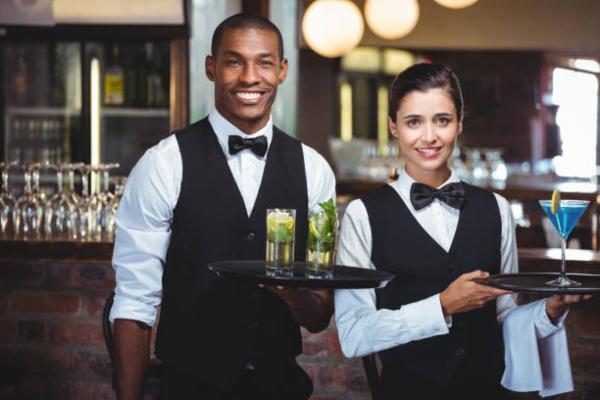There are no items in your cart
Add More
Add More
| Item Details | Price | ||
|---|---|---|---|
This course is intended for F&B people who have little or no prior knowledge of spirits and gives a basic introduction to spirits. The qualification will assist those who work with the spirits industry, retail, and hospitality sectors.
Instructor: RSA AcademyLanguage: English
This course is intended for F&B people who have little or no prior knowledge of spirits and gives a basic introduction to spirits. The qualification will assist those who work with the spirits industry, retail, and hospitality sectors.
What you’ll learn
Who this course is for:
[embed]https://youtu.be/hQnfvcViXcM[/embed]
Other courses that might interest you
Analyze Hotel Financial Statements steps you must learn for Rooms Dept
Suggestive selling and Upselling skills you need today to grow your career in 2020
Learn how to analyse and maximize Restaurant Profitability
Fundamentals of Hotel Revenue Management you must master in 2021
The term “spirits” can refer to a lot of things: the stuff you’re not supposed to lose during hard times. Something cheerleaders are professionally obsessed with. The beings you negotiate with after you’ve accidentally moved into a haunted house. And, oh yes, bottles of power-packing alcohol.
But what are alcoholic spirits, exactly? Basically, they’re the biggest, brawniest older brother of the alcohol family. All alcoholic beverages are made by fermenting some form of sugary brew into ethanol and CO2. Because yeast can only ferment so much before alcohol levels become toxic to them, we have to distill (or physically separate out the water) to get higher alcohol concentrations. And that’s why “spirits” are differentiated in two ways: they’re distilled, and they have higher average ABVs, from around 20% to as high as 80 or 90% ABV (most spirits fall somewhere much closer to the middle).
Of course, the term “spirit” (aka liquor) doesn’t refer to everything you see in a liquor store besides wine and beer. For instance, you may also see bottles with names like Fernet Branca, Amaretto, Peach Schnapps, or Peychaud’s Bitters. These are all part of the colorful, intoxicating extended spirits family, but they’re not quite spirits (because they’ve had things like sugar, herbs, and spices added to them and tend to have lower ABVs).
So how can you spot a spirit/liquor? These days, thanks to a glutted market, it’s not quite as obvious as a jug with a few X’s on it. There are craft distilleries cranking out newer, smaller brands, flavorings that make hard liquor taste like anything from jalapeño to marshmallow, and even some seriously unusual packaging that takes brand recognition to a freaky new level.
But thanks to the Alcohol and Tobacco Tax and Trade Bureau, all spirits bottles have to be labelled with some pretty specific information: the brand name; the kind of spirit in the bottle (e.g. vodka, gin, tequila, rum, and whisky, though you may also see things like moonshine, mezcal, pisco, and cachaça); any further required details regarding the spirit, for instance the age of the whiskey if it’s under four years; the alcohol by volume (or ABV), which must be written as a percentage but will often also be labelled as “Proof”; the country of origin as well as address and name of the importer or bottler; and, last but not least, a big fat government warning about the dangers of alcohol.
Learn live with top educators, chat with teachers and other attendees, and get your doubts cleared.
Our curriculum is designed by experts to make sure you get the best learning experience.
Interact and network with like-minded folks from various backgrounds in exclusive chat groups.
Stuck on something? Discuss it with your peers and the instructors in the inbuilt chat groups.
With the quizzes and live tests practice what you learned, and track your class performance.
Flaunt your skills with course certificates. You can showcase the certificates on LinkedIn with a click.
